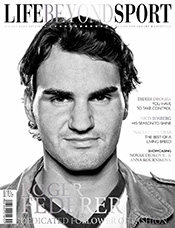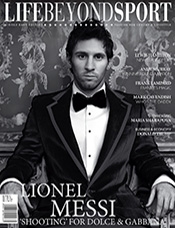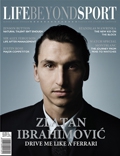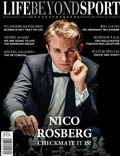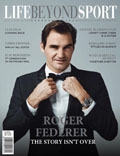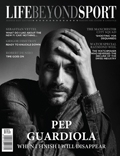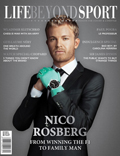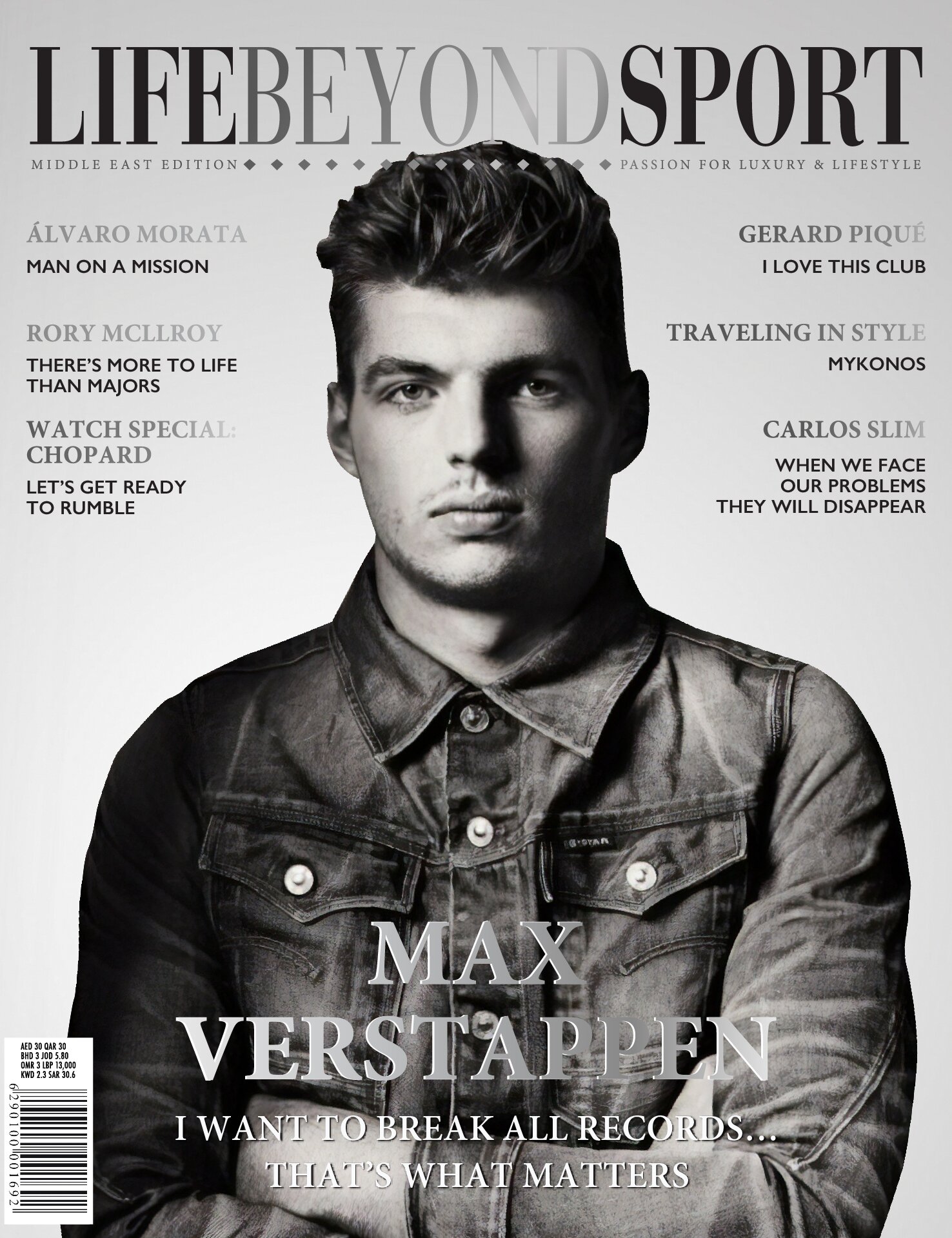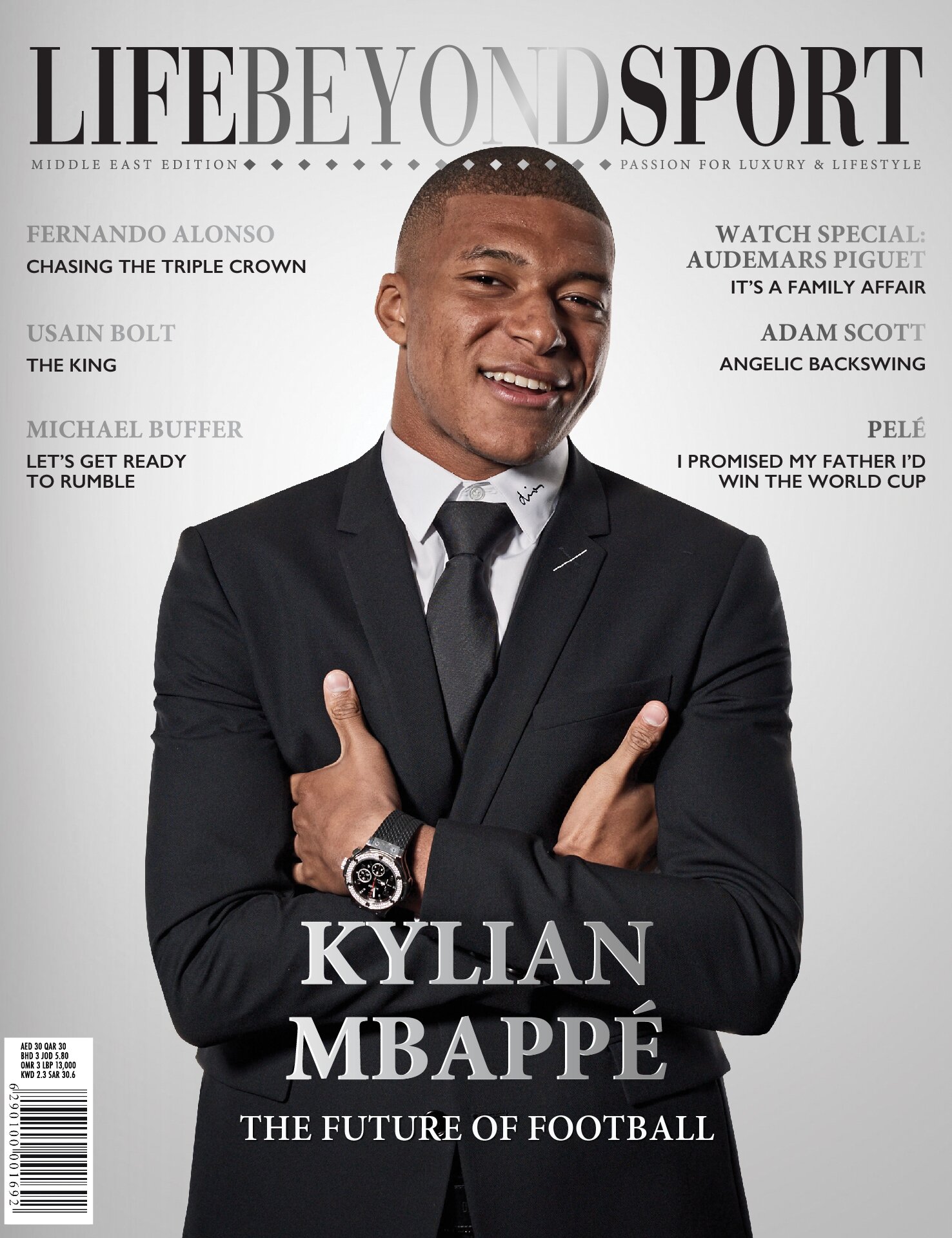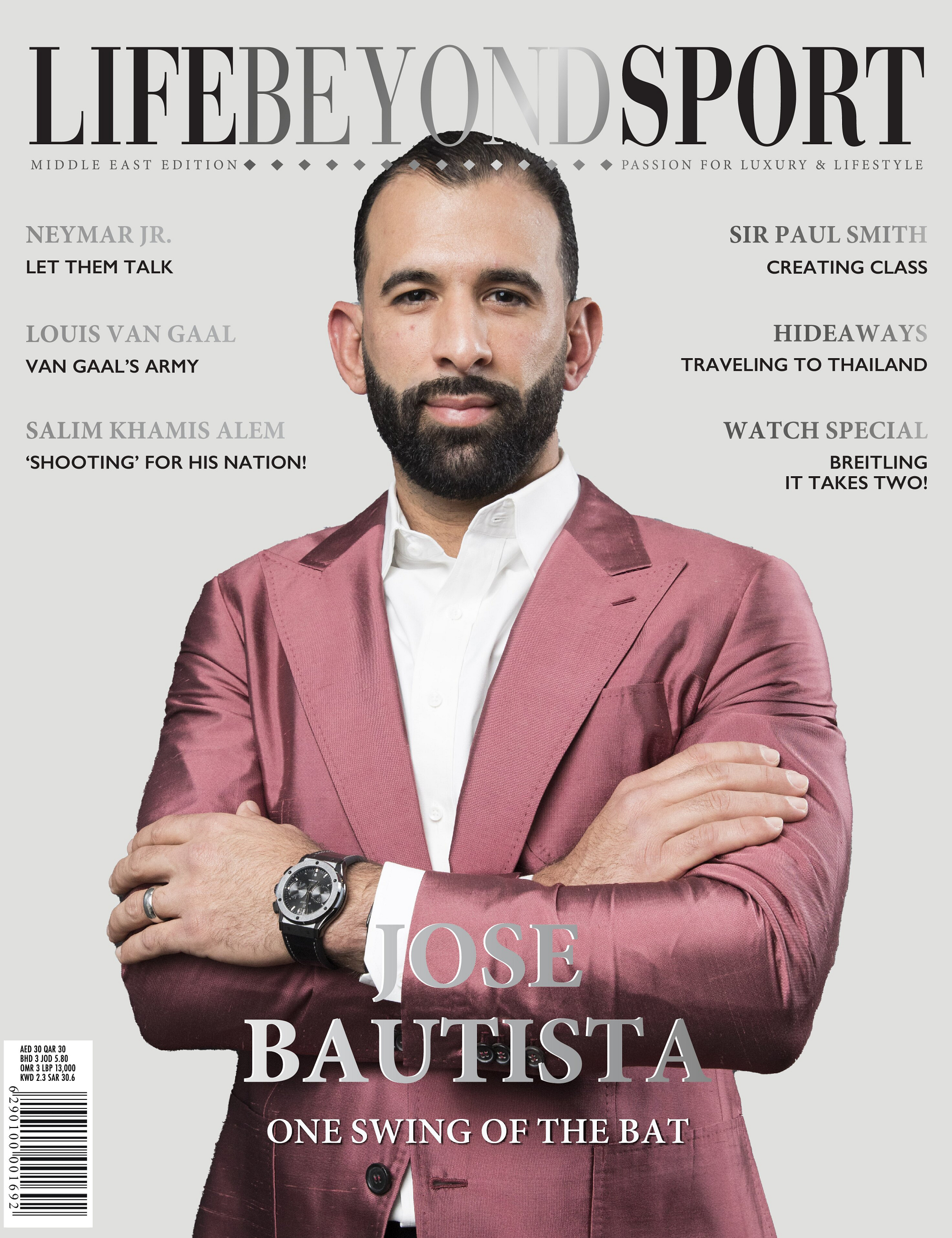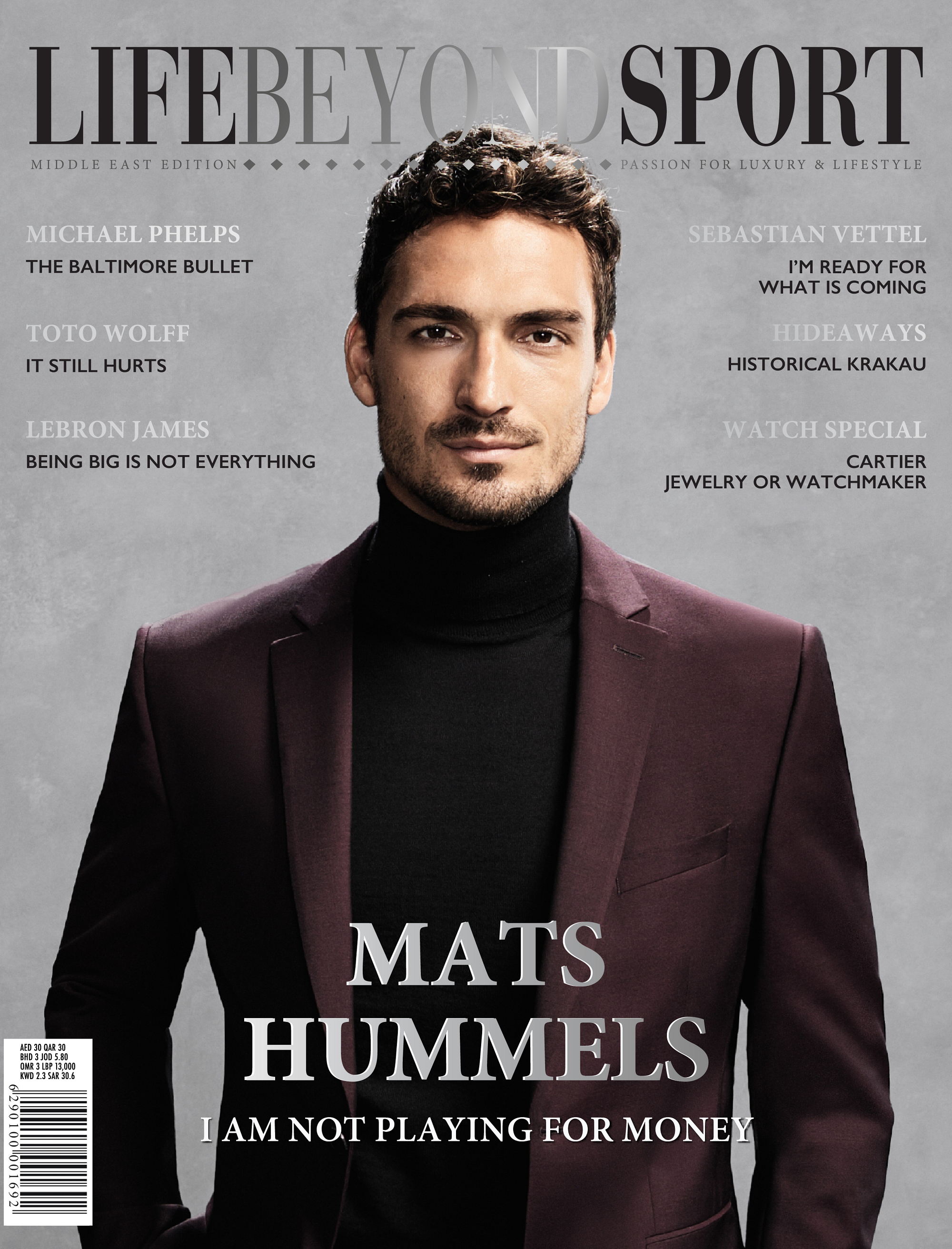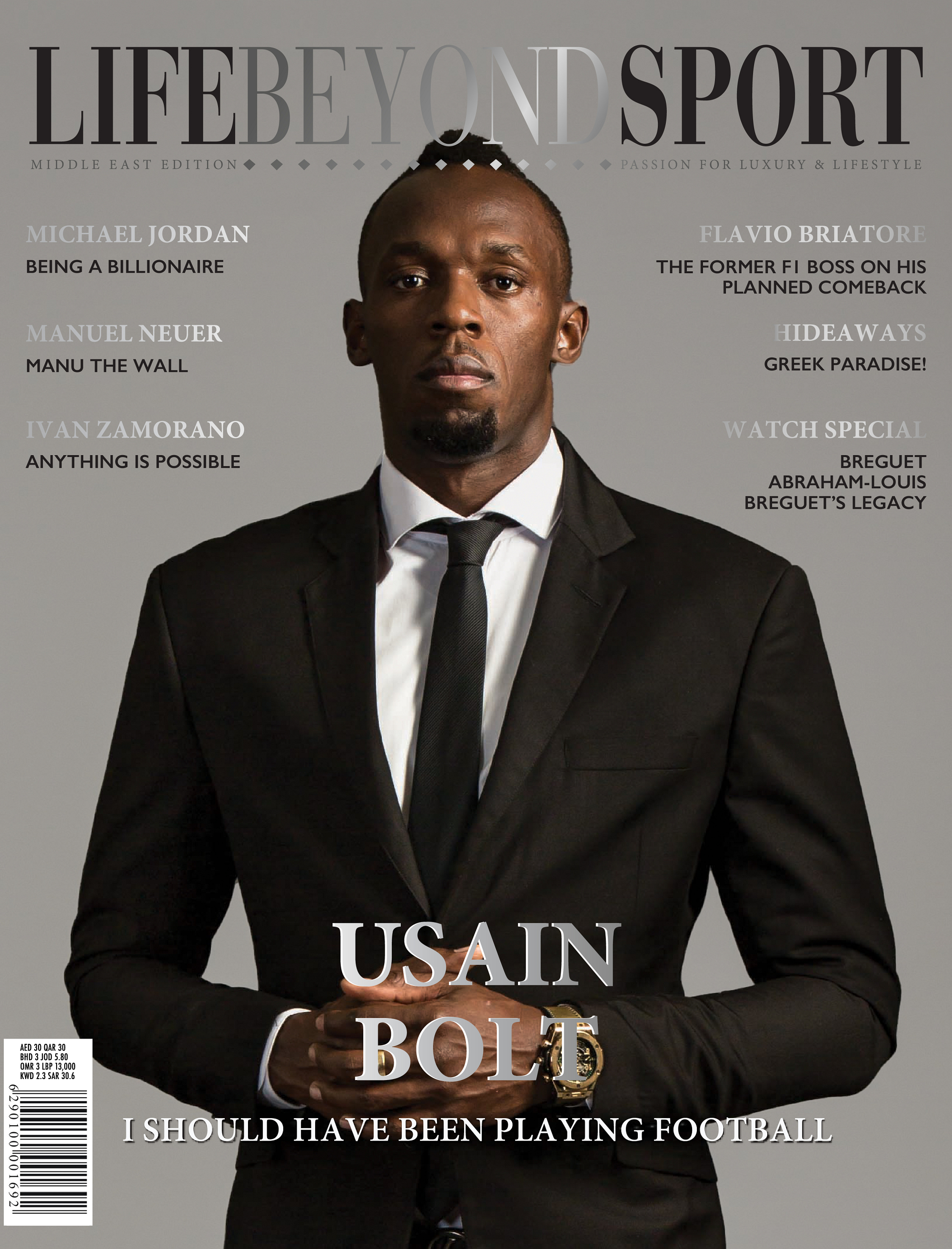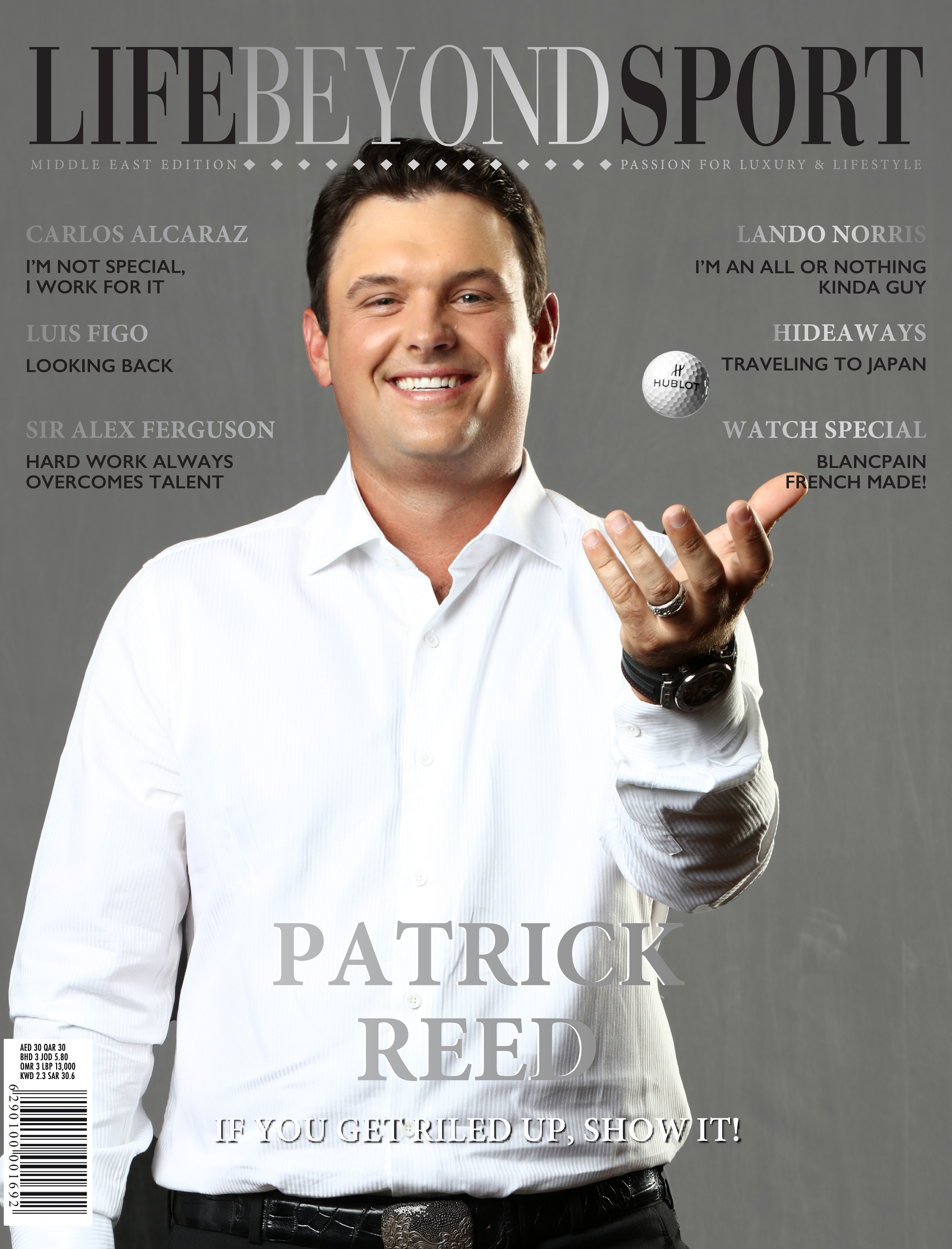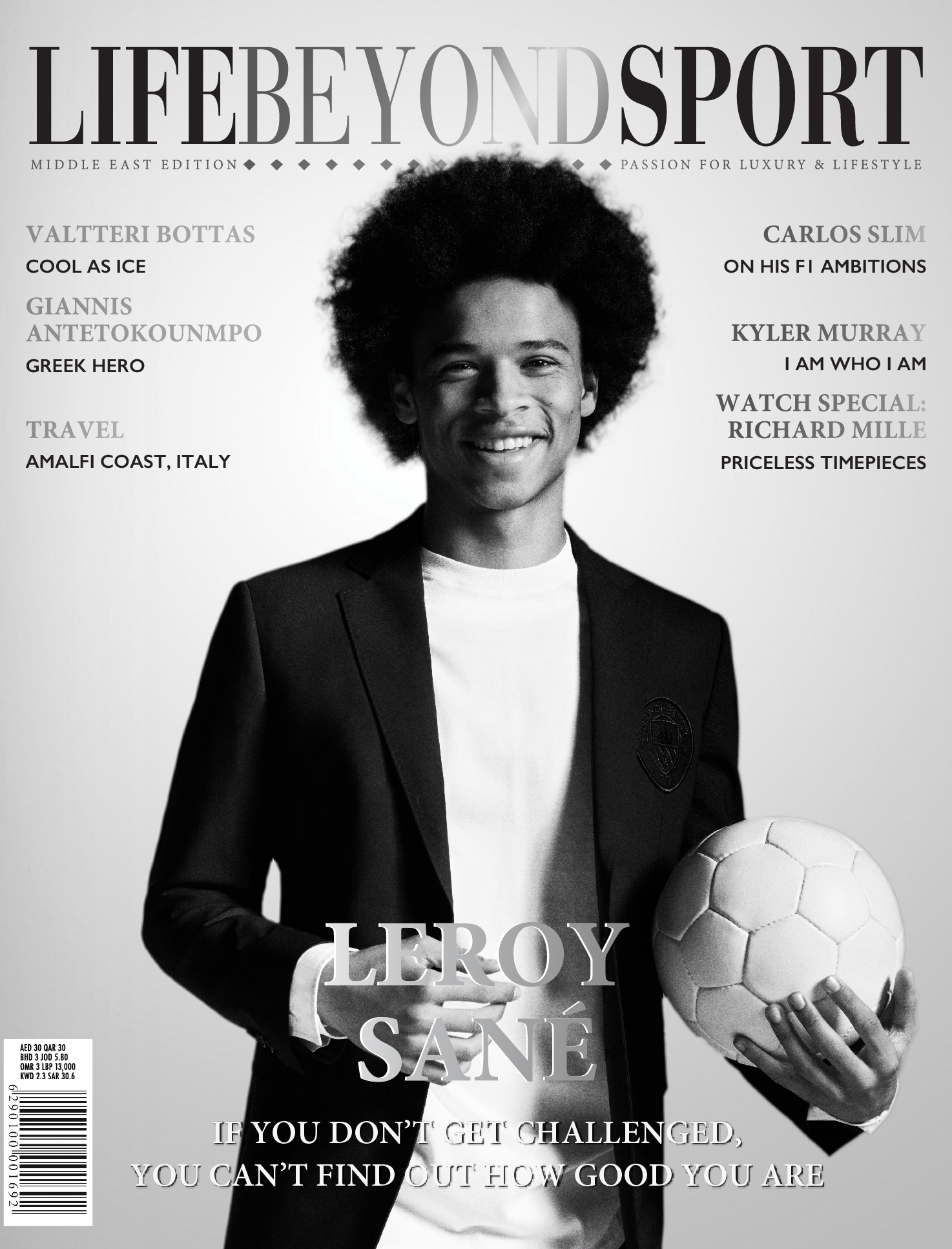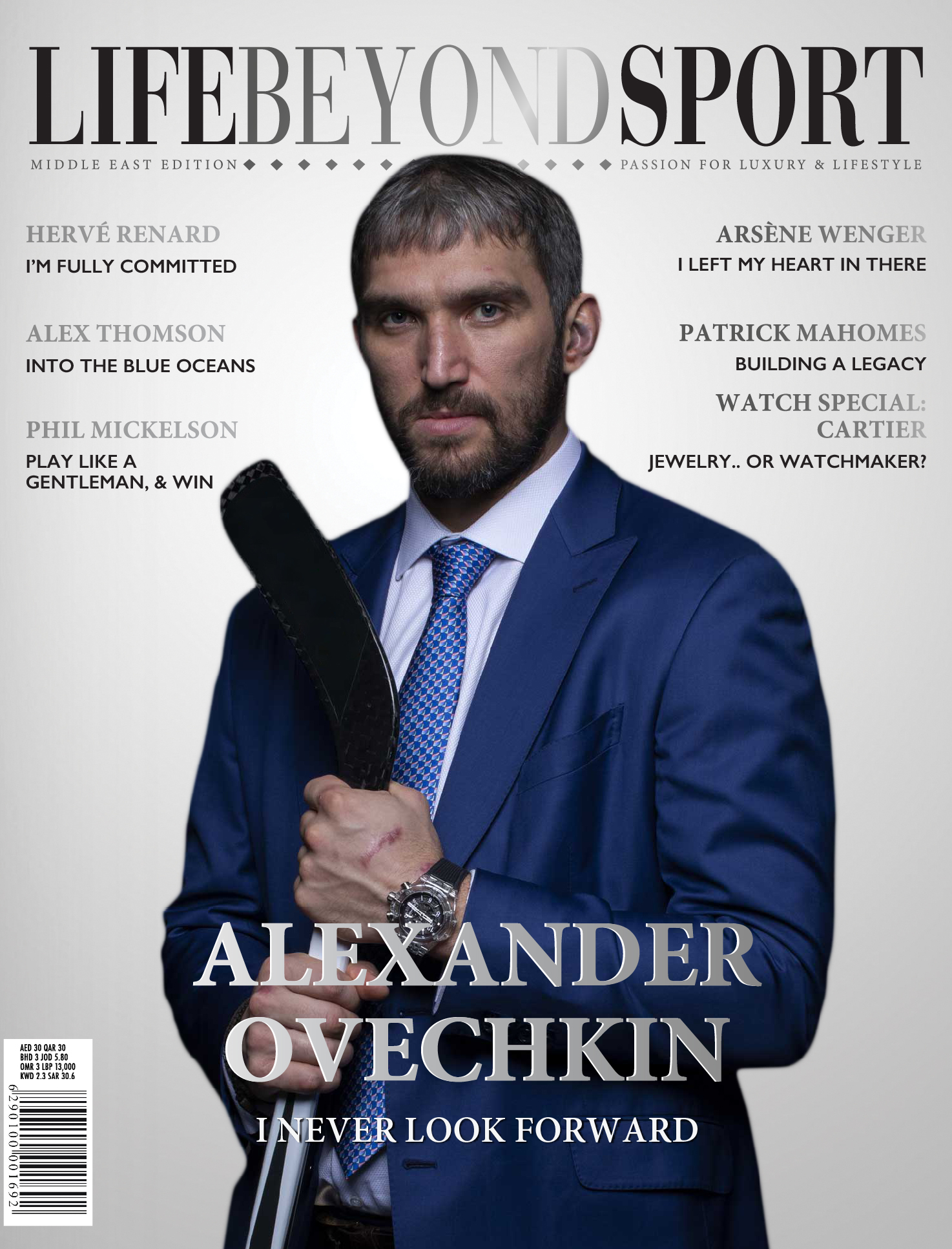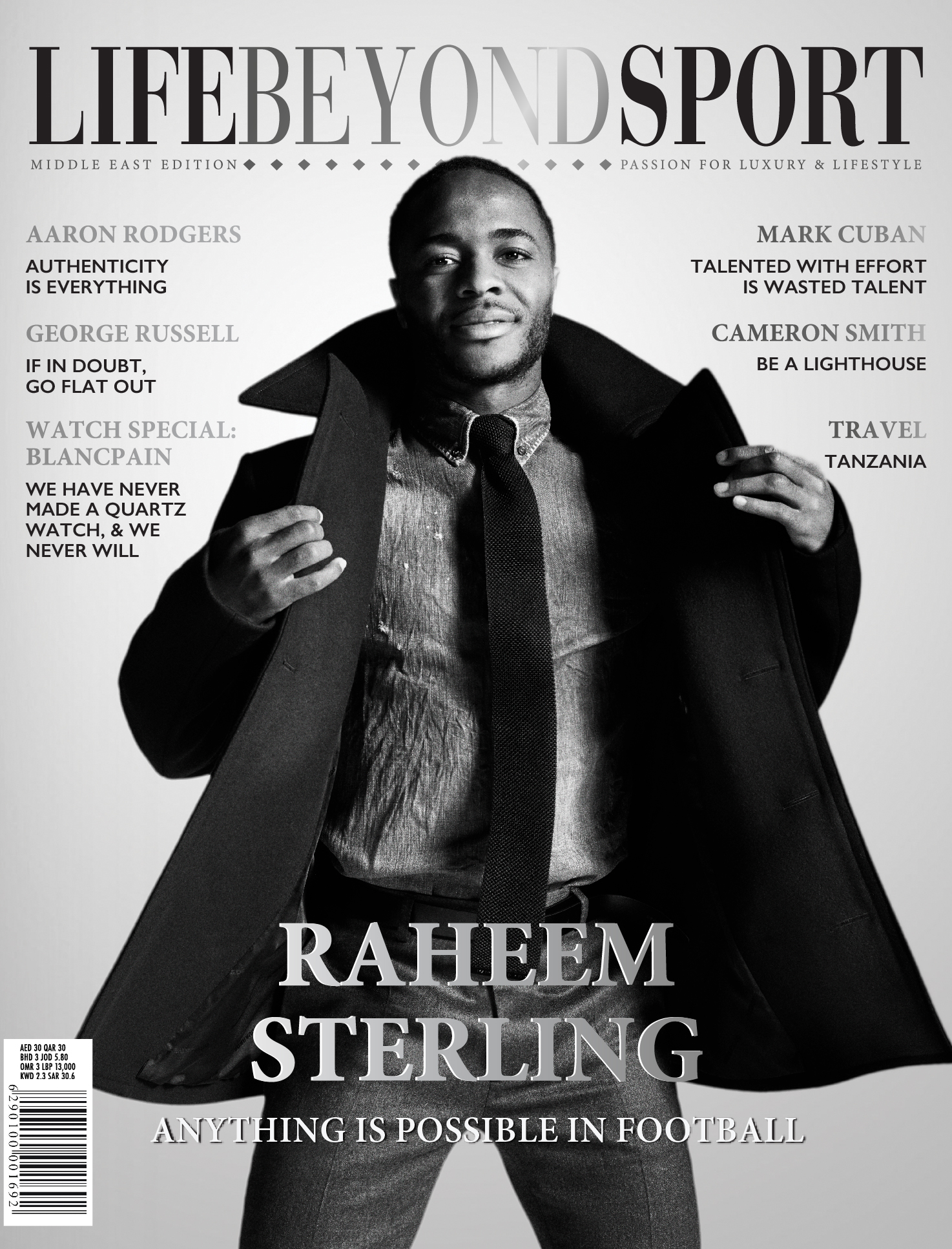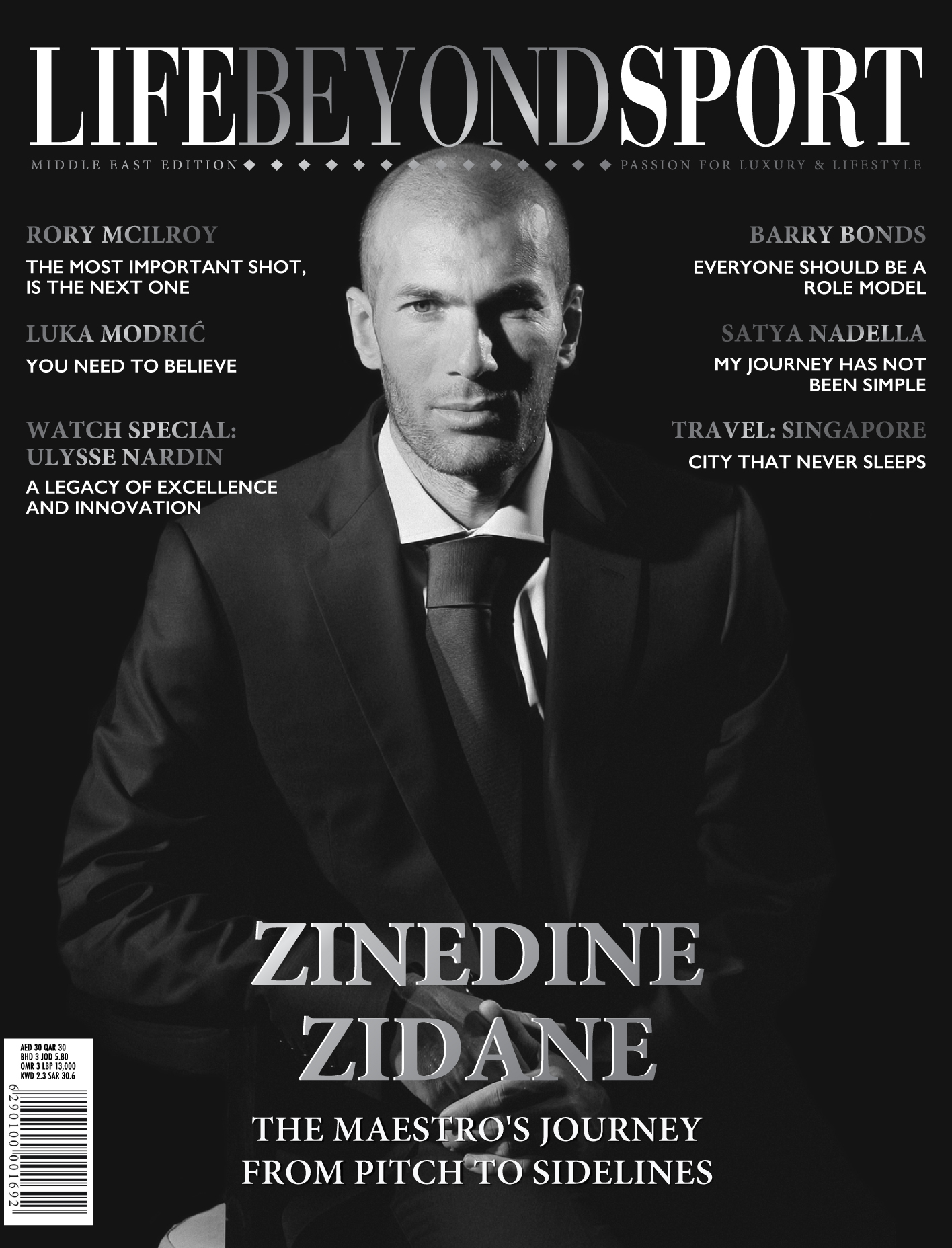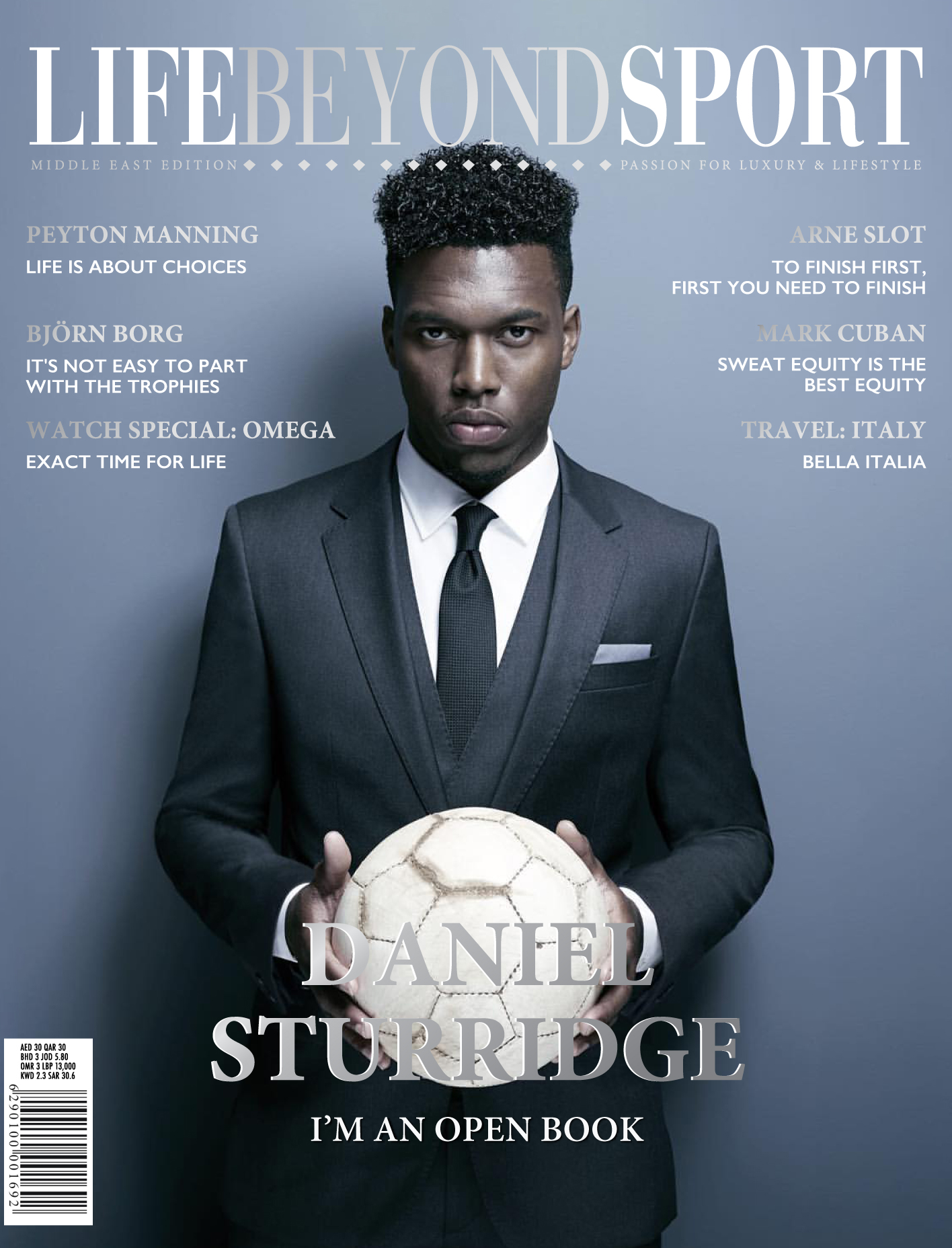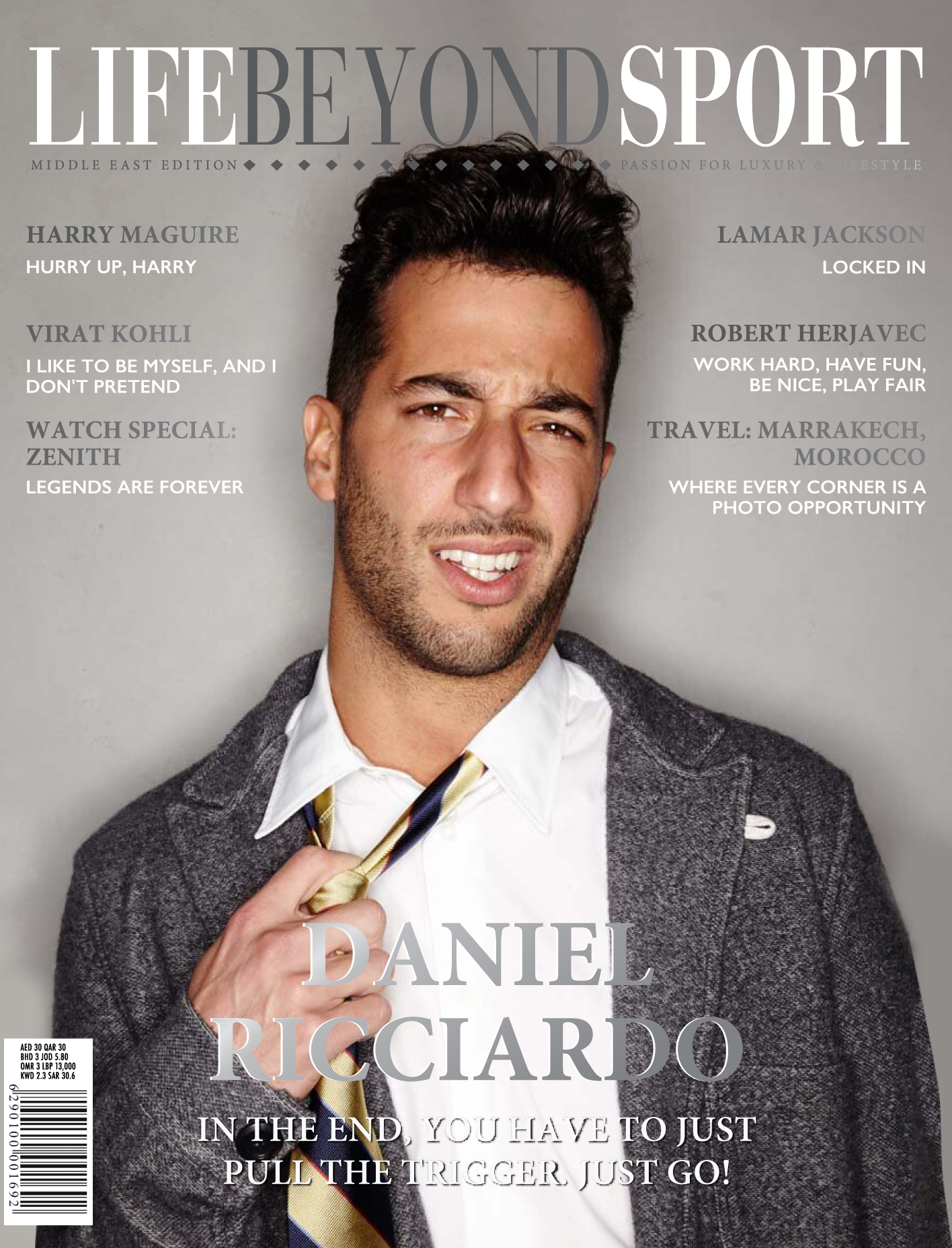SHORT PROFILE
Name: Andrea Angel Bocelli
DOB: 22 September 1958
Place of birth: Lajatico, Tuscany, Italy
Occupation: Opera singer, songwriter
Mr. Bocelli, as one of the great opera singers of our generation, what has the genre taught you about life?
It’s a training that started when I was still a child. My parents tell me that even as a baby in my cot, I showed a rapt and powerful emotional reaction to music! I was entranced by the sounds! These extreme stories touched my heart and I didn’t yet have the necessary framework of experience to measure myself against them. However, I can say that opera has taught me about strength, weakness, heroism, and the contradictions, tragedies and comedies that human feelings can arouse. Opera has the capacity to arouse our emotions, it has the power to make us think about good and evil.
Has opera’s innate romance also taught you about love?
Of course songs like “Time to Say Goodbye” still arouse a lot of emotion in me even now, when I perform it at a concert. It’s a song that has become a classic in its own way, all around the world, entering into people’s hearts… But I think that by interrogating our own conscience, we can always obtain the answers that are important, including with regards to love. Love is the language that we all share at a global level, the emotion that motivates our whole lives. For me, music is more my preferred source of consolation and inner richness. It’s a tool for opening up our hearts and minds, helping us to overcome difficulties and instilling trust and positivity.
“I think all forms of art help in general — and so does the art of living, of passing the days creatively. Any art form can be a balm for the soul.”
Can you point to a time in your life when music helped you in that way?
Life has been good to me. I’ve received so much more than I have been able to give back so far. All the same, I can’t deny that I have had difficult times, like everyone else. When my father died, for example, or during a difficult period when I couldn’t spend as much time with my children as I wanted… It was a painful situation, and as a result I risked losing my enthusiasm for my career. But even in that case, music was an important consolation. More recently, the version of “Ave Maria” that I wrote for my new album, Believe spilled straight from my soul, during this dark period of the pandemic. Working through that pain, which we’ve all experienced during these months, I spent a lot of time at the piano, at home, and suddenly this melody came forth.
What do you think makes music such an effective healer?
Well, I think all forms of art help in general — and so does the art of living, of passing the days creatively. Any art form can be a balm for the soul. That’s what art is, when it’s linked to good. Being a musician, I’m probably biased, but I think that the language of music is special in that it follows paths that penetrate the most intimate areas of our psyche, contributing to our spiritual development… Music touches the soul, it stirs passion, it moves us and can make us better people. It’s no coincidence that 2000 years ago a famous Roman politician, Cato the Younger, warned that soldiers shouldn’t listen to music because it would make them unfit to wage war! (Laughs)
And do you feel this same passion when you’re performing on stage?
My goal when I’m in front of an audience is to perform the piece and fill it with meaning. On stage, I concentrate on gauging the right proportions of rationality and empathy, since the singer must feel a certain amount of emotion, but not too much, otherwise you risk your throat becoming choked up.
How do you accomplish that?
You’re walking along a tightrope, and you must try to keep your balance. When you’re feeling particularly secure, you can perform a triple somersault, and when you sense a risk, you draw on your experience so as not to lose your footing. You use emotion sparingly. The more you have worked on the piece, the more you will have got to grips with the technical difficulties and the expressive potential, and the more free you are to leave room for emotion because you know you will always fall on your feet.
I imagine that certain performances can be much more emotional than others depending on the circumstance, like your recent performance of “Amazing Grace” at the deserted Duomo in Milan.
For me, every experience reverberates through singing. Naturally I have memories of some particularly poignant emotional moments… For example, when I was invited to sing Schubert’s Ave Maria at Ground Zero in New York, I was deeply moved. I felt the grief of millions of people. I had lost my father just a few months previously and I thought of him, very intensely, on that day in 2001, under the shadow of such an international tragedy, in order to find the strength to sing. But you’re right that the event in Milan, staged on Easter Day, was very emotional. I’m very attached to that piece. I liked the idea of performing an 18th century hymn of Christian thanksgiving which still has the power to stir us and move us today.
.jpg) Life Beyond Sport magazine is a pioneering publication that breaks through the traditional barriers of men’s lifestyle magazines by smoothly combining a man’s love of sport with his passion for the finer things in life. The magazine contains a range of features, interviews and photo-shoots that provide an exclusive insight into the sportsman’s lifestyle. Only in Life Beyond Sport will you find the biggest names from the worlds of Football, Tennis, Formula 1, Golf, Polo and more.
Life Beyond Sport magazine is a pioneering publication that breaks through the traditional barriers of men’s lifestyle magazines by smoothly combining a man’s love of sport with his passion for the finer things in life. The magazine contains a range of features, interviews and photo-shoots that provide an exclusive insight into the sportsman’s lifestyle. Only in Life Beyond Sport will you find the biggest names from the worlds of Football, Tennis, Formula 1, Golf, Polo and more.